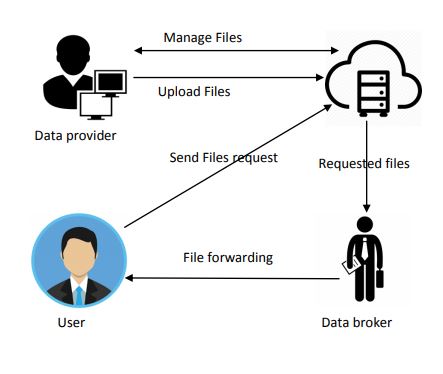A Trust-based Agent Learning Model For Service Composition In Mobile Cloud Computing Environments
Abstract
A Trust-based Agent Learning Model for Service Composition in Mobile Cloud Computing Environments
Abstract
Cloud computing is the on-demand availability of computer system resources, especially data storage and computing power, without direct active management by the user. The term is generally used to describe data centers available to many users over the Internet. Mobile cloud computing is characterized by resource constraints, openness, and uncertainty, leading to greater uncertainty over the quality of service (QoS), allocation and greater security vulnerabilities. Therefore, when faced with complex service needs, an effective and reliable service composition approach is important. Additionally, priority learning is also an important factor in improving the user experience. To address them, this paper introduces a three-layered trusted service composition model for mobile cloud computing systems. Based on the Fuzzy Comprehensive Evaluation Method, we create a novel and integrated trust management model. Service brokers have a learning module that allows them to better analyze customer service preferences, especially when the details of the service request are not fully disclosed. Since traditional methods do not fully reflect autonomy cooperation between mobile cloud entities, a prototype system based on the multi-agent platform JADE is implemented to evaluate the effectiveness of the proposed strategies. Experimental results show that our approach improves transaction success rate and customer satisfaction
NOTE: Without the concern of our team, please don't submit to the college. This Abstract varies based on student requirements.
Block Diagram







 Paper Publishing
Paper Publishing
